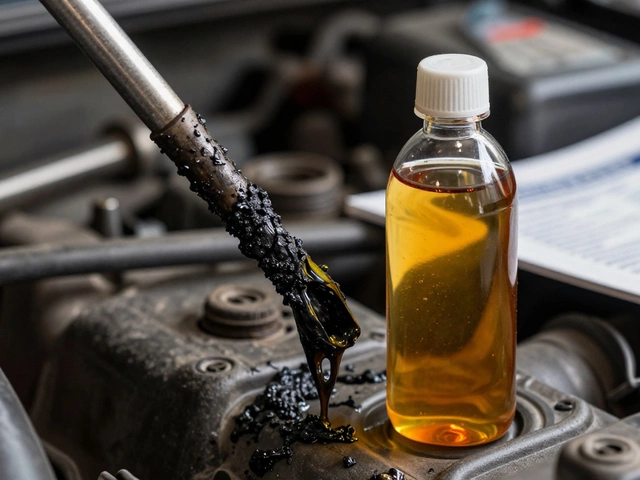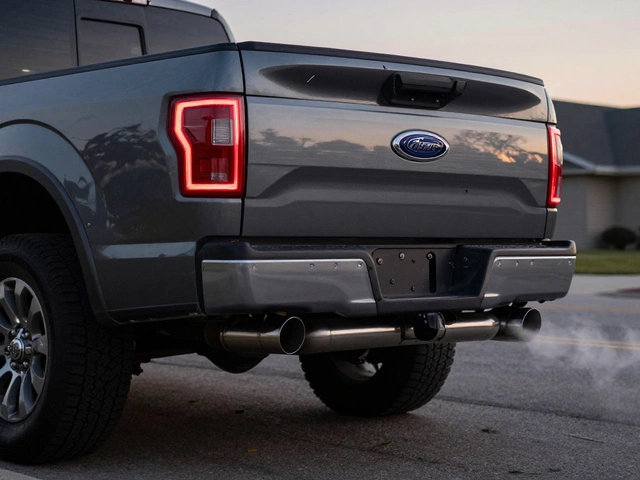
Engine Problems: Common Signs, Causes, and How to Fix Them
When your engine problems, issues that prevent your car’s engine from running smoothly or at all. Also known as motor failures, they’re not always loud or obvious—sometimes they start as a whisper you ignore until it’s too late. Most people think engine problems mean a complete breakdown, but the truth is, they often begin with small, easy-to-miss signs: a faint whine, a delay when you press the gas, or oil that looks like mud instead of smooth liquid.
These issues rarely happen alone. A dirty engine oil, oil that’s lost its ability to lubricate and cool engine parts due to contamination or age can cause overheating, which stresses the radiator, the core component that pulls heat out of engine coolant to keep temperatures safe. A failing fuel pump, the device that pushes gasoline from the tank to the engine under pressure might make your engine sputter at highway speeds, while a worn clutch, the component that connects and disconnects engine power to the transmission can feel like the engine is slipping when you accelerate. All of these are linked. One problem often leads to another—and if you’re not watching for the signs, you’re just buying time before a much bigger repair.
What makes engine problems so tricky is that they don’t always scream for help. A bad clutch doesn’t always slip dramatically—it might just feel a little looser than before. A failing fuel pump doesn’t always die suddenly—it might just hesitate when you’re climbing a hill. Dirty oil doesn’t always turn black overnight—it can slowly thicken until your engine starts running hotter than it should. And if your radiator is clogged or leaking, your engine might overheat without ever showing a warning light.
You don’t need to be a mechanic to spot these early. Listen. Feel. Watch. If your car sounds different, responds slower, or smells odd, it’s telling you something. The posts below cover exactly what to look for—whether it’s the telltale whine of a dying fuel pump, the telltale smell of burnt clutch material, or the gritty texture of oil that’s seen too many miles. You’ll find real cost estimates, simple DIY checks, and when to call a pro. No fluff. No theory. Just what you need to know before you hand over your keys—or before you risk a breakdown on the highway.
-
20 Apr






